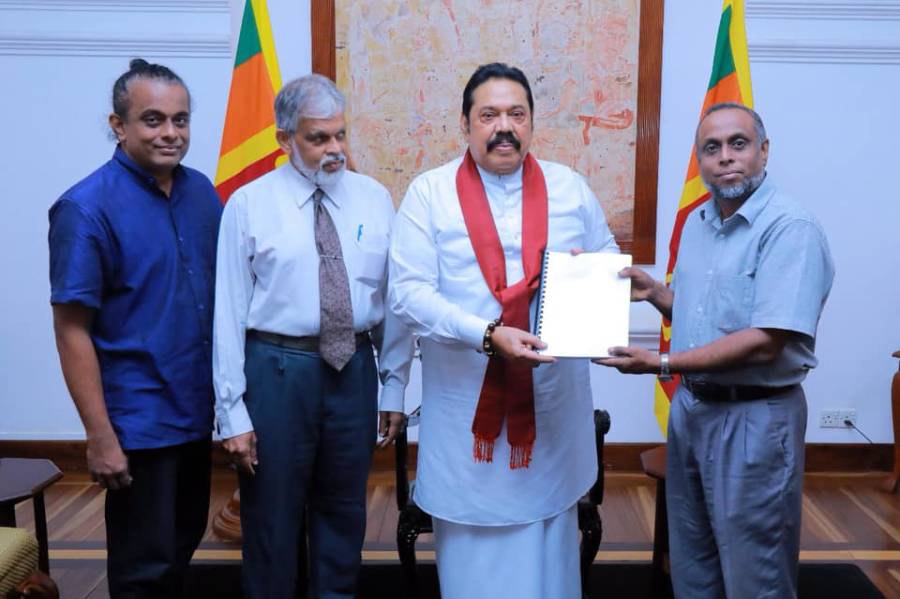The Millennium Challenge Corporation (MCC) compact grant of US$480 million to Sri Lanka is detrimental to the island nation a sit is not only an economic aid but also the opening of a corridor to US to gain easy access to the country’s land administration data.
The government should weigh the pros and cons of the compact in ratifying the Millennium Challenge Corporation’s (MCC) grant of US$480 to Sri Lanka as key conditions in the compact would erode the country’s sovereign rights.
The 4-member expert committee appointed to review the MCC grant has issued this warning in their preliminary report presented to Prime Minister Mahinda Rajapaksa yesterday (Tuesday 25).
This MCC compact offer is like gifting an almirah after locking it without giving the key to person who was seeking a loan to buy it, an eminent economist said.
The Chairman of the experts committee Prof. Lalithasiri Gunaruwan along with the other members handed over the report to the Prime Minister.
The report has already been handed over to President Gotabaya Rajapaksa.
The Cabinet of Ministers of the former Government had approved the $480 million MCC development assistance grant.
Sri Lanka requested the support, which if approved, will benefit at least 11 million Sri Lankans through the funding of Government- and private sector- identified needs.
However, in December 2019, the newly elected Rajapaksa regime suspended the proposed Millennium Challenge Corporation (MCC) agreement.
The agreement hangs on the balance as the government and the opposition
Parliamentarians who are supposed to ratify the MCC in parliament are divided over it.
Some agree that it is only an economic aid aimed at improving transportation and land administration in the country, while others doubt that it falls under US international strategy which would allow the American security forces to gain easy access to the Sri Lanka territory.
“There is NO military component to the MCC. In fact, the U.S. law prohibits it,” said the U.S. Embassy statement.”
(LI)

